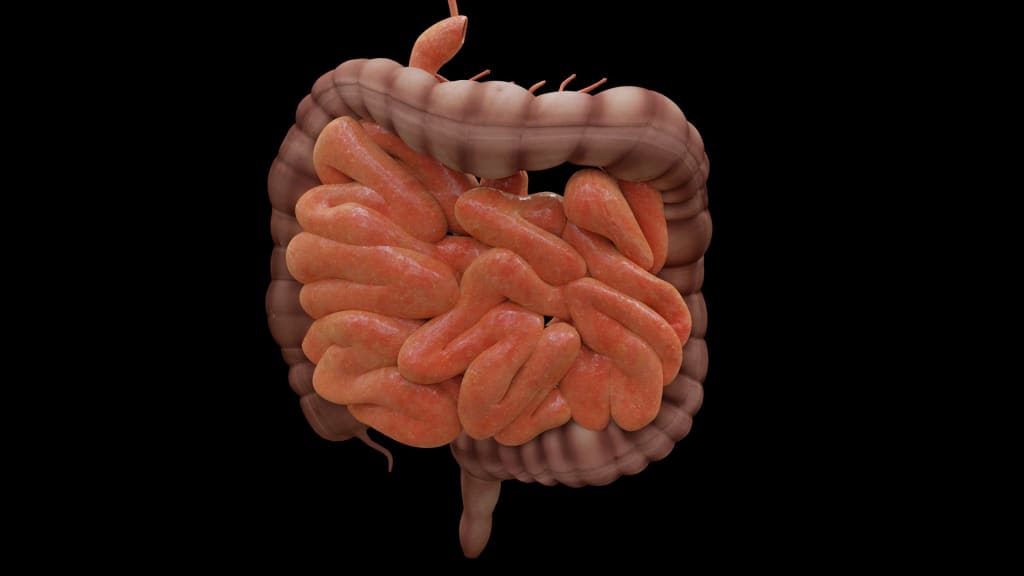How to Manage Short Bowel Syndrome
Tips to manage short bowel syndrome

Short bowel syndrome (SBS) is a rare but serious condition where the small intestine is physically affected by a surgical procedure or other medical problems which prevent the organ from functioning properly.
Several challenges result from this disorder. One of the most prominent issues is that food can’t be digested properly. Other problems associated with short bowel syndrome include malnutrition and nutritional deficiencies, diarrhea, dehydration, electrolyte imbalances, vitamin deficiencies, and difficulty absorbing fat-soluble vitamins like vitamins D, E, and K.
Short of surgical procedures, the most common way to manage SBS is to adjust your diet and lifestyle to accommodate the condition. Take the following tips as pointers to get started.
Eat Small Meals and Snacks Often
As mentioned above, your body will be limited in the amount of food it can absorb at any one time. This means that you should eat smaller meals more often. A good rule of thumb is to take in about 2,000 calories per day. This equates to six small meals or three main meals and two snacks.
Include foods higher in fat, such as peanut butter, nuts, and avocado. Some people find that eating high-fat foods increase their appetite for other foods, giving them more energy during the day. Your doctor may also recommend increasing the calories you consume each day, even if you're feeling full. This is because your body must work harder to digest the extra protein and fat, which leads to more calories burned.
Consume High-Fiber Foods

High-fiber foods include whole grains, fruits, and vegetables with skins intact. Fiber helps prevent constipation and promotes healthy digestion. Fiber also slows down the rate at which food moves through your digestive tract — a benefit for people with short bowel syndrome because food moves faster through their intestines than through normal bowels.
Limit Gas-Inducing Foods
Some people with short bowel syndrome find that certain foods cause them to produce excess gas due to the malabsorption of those foods by their bowels. If this is the case for you, then avoid all types of beans (including soybeans), broccoli, and cabbage until things have been under control for several weeks.
Take Probiotics or Specialty Medications for Diarrhea
Probiotic-rich foods typically contain bacteria that are similar to "good" intestinal bacteria. Probiotics can help control diarrhea in people with short bowel syndrome by increasing the number of beneficial bacteria in the colon.
If your diarrhea is severe, your doctor may prescribe medications that slow down food movement through your digestive tract and reduce gas production by bacteria in the colon. You can find these medications in a specialty care pharmacy. While they can be very helpful, don't rely on them as a long-term solution because there are instances where they lose efficacy over time.
Consider Dietary Supplements or Intravenous Feedings for Nutrition
The goal of SBS treatments is to feed you enough calories and nutrients, so you don't lose weight or become malnourished. For severe cases, a nutrient-dense formula may be given either through parenteral or enteral feeding.
Besides intravenous feedings, dietary supplements help ensure you’re getting adequate nutrients. Taking vitamin and mineral supplements can ward off nutrient deficiencies and their associated health problems.
Living Well With SBS Is Possible
Whether you have short bowel syndrome or are caring for someone with the disorder, it's important to remember that people have successfully dealt with this condition for many years. Take one day at a time and focus on what can be managed.
Whatever situation you find yourself in, make sure to seek the proper medical advice before making any dietary or lifestyle changes. The best way to manage your disorder is to work closely with a doctor to monitor your condition and make any adjustments to prevent future complications.
About the Creator
Tess DiNapoli
Tess DiNapoli is an artist, freelance writer, and content strategist. She has a passion for yoga and often writes about health and wellness, but also enjoys covering the fashion industry and world of fitness.






Comments
There are no comments for this story
Be the first to respond and start the conversation.